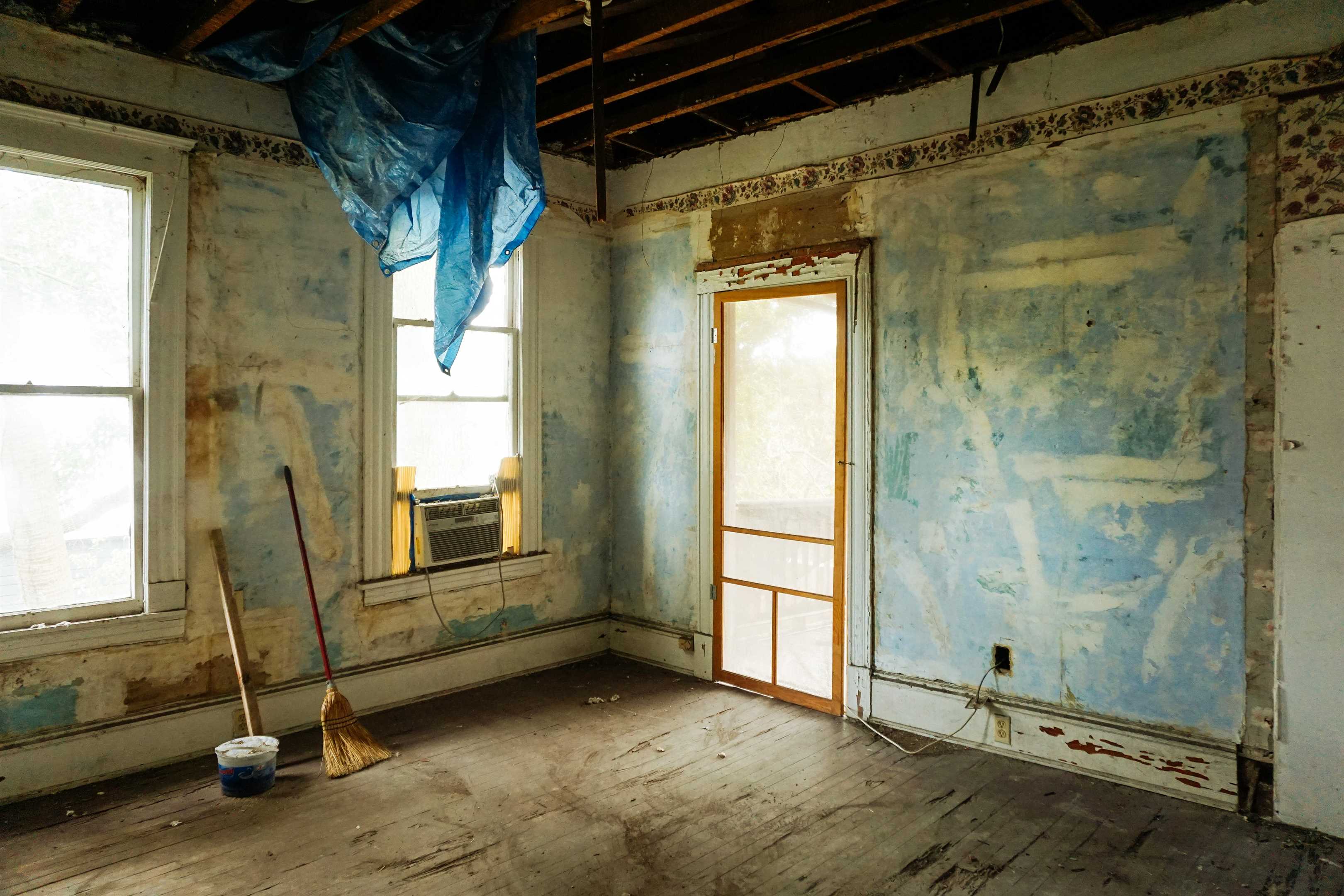The Perks of Buying a Fixer-Upper - A Path to Homeownership

Here’s everything you need to know to determine if a fixer-upper is the right move for you.
What’s a Fixer-Upper?
A fixer-upper is a home that is structurally sound but requires renovations to become your dream home. These homes may need cosmetic updates such as new paint, flooring, or wallpaper removal. Some may require more substantial repairs, like replacing the roof, updating plumbing, or electrical systems.While fixer-uppers come with their share of work, they could be a smart option, especially in today’s market.
Why Consider a Fixer-Upper?
1. They Typically Have a Lower Price Point
One of the main reasons buyers choose fixer-uppers is affordability. Because these homes require repairs, they generally come at a lower upfront cost. A survey from StorageCafe reveals that fixer-uppers are priced about 29% lower than move-in-ready homes, making them an appealing choice if you’re struggling to find something within your budget.
2. Less Competition from Other Buyers
In the current competitive real estate market, many buyers are focused on homes that are move-in ready. This means there’s often less competition for fixer-uppers, giving you more negotiating power when making an offer.
3. Build Equity Faster
A fixer-upper offers the chance to build equity quickly. You can choose how to upgrade the space, from picking out new cabinets to deciding on the best flooring options. With the right renovations, you can increase the value of the home and see a significant return on investment. The Mortgage Reports notes:
“If you’re a house hunter who’s not afraid of sweat equity, buying a fixer-upper could be your ticket to homeownership… Plus, adding the right features could help your investment.”
What to Consider Before Buying a Fixer-Upper
While the potential benefits are clear, there are important factors to consider before diving into a fixer-upper project:
1. Do You Have a Game Plan?
Before making a decision, assess whether you have the time, skills, and budget for renovations. Be realistic about which repairs you can handle yourself and which tasks will require a professional. A fixer-upper isn’t just a project—it’s a lifestyle change, as you may be living in a construction zone for some time.
2. Prioritize Repairs and Upgrades
Renovations can be overwhelming, so don’t feel like everything needs to be done immediately. Create a plan to tackle repairs in phases. Focus on the most essential updates first, like plumbing or electrical work, and leave the cosmetic changes for later.
3. Location Matters
You’ll want to ensure that the money you’re spending to fix up the home is well-invested. Look for homes in areas where property values are increasing, and check that the location has desirable amenities like parks, public transit, and local businesses that appeal to future buyers.
4. Get a Home Inspection
Before committing to a fixer-upper, have a professional home inspection done. This will help you understand the extent of repairs needed, and provide insight into the overall condition of the house. It’s essential for identifying potential hidden issues and can prevent costly surprises down the line.
5. Budget for the Unexpected
No renovation goes exactly as planned. From unforeseen repairs to unexpected price hikes on materials, there are always surprises. Build some flexibility into your budget to accommodate delays and additional costs.
6. Explore Financing Options
There are financing options available specifically for homes that need repairs. These renovation loans often come with spending limits and timelines, so it’s important to speak with a lender early to understand the terms and ensure you choose the right option for your project.
Final Thoughts on Buying a Fixer-Upper
Fixer-uppers aren’t for everyone, but they can be an excellent way to overcome affordability challenges and find a home that fits your budget. With a well-thought-out plan, you could transform a property that needs some TLC into the perfect home for you.
Are you ready to explore the possibilities of buying a fixer-upper? Let’s connect and discuss your options. Together, we can find a home that fits both your budget and your goals.
